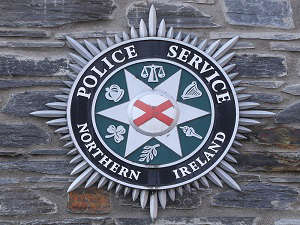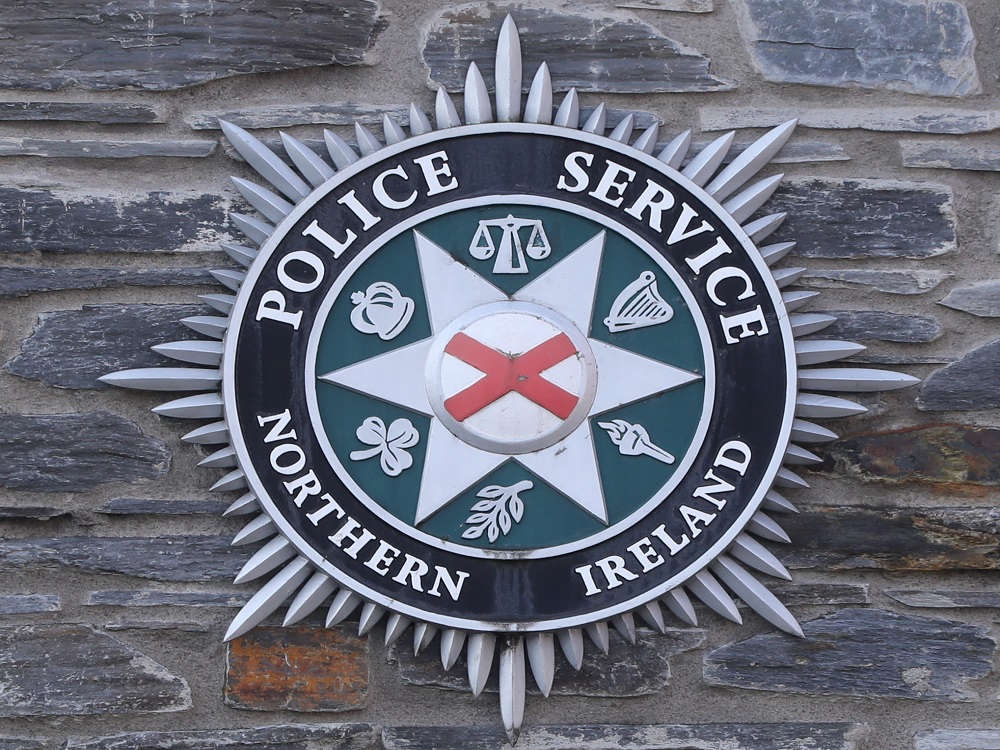
By Jonathan McCambridge and Rebecca Black (PA)
New sexual offences which allow police to charge people with up-skirting, down-blousing and cyber-flashing have closed legal loopholes in Northern Ireland, a senior police officer has said.
PSNI Detective Superintendent Lindsay Fisher also said the new laws will better protect children from those who seek to abuse their position of trust to exploit or abuse them online.
They are among the final stage of the implementation of a major legislative reform by the Department of Justice in the Justice (Sexual Offences and Trafficking Victims) Act (Northern Ireland) 2022.
The changes to the law include four new offences to capture the specific behaviours commonly known as “up-skirting” and “down-blousing”, in terms of the observing or recording of a person’s genitals, buttocks, breasts or underwear without their consent.
A new offence of “sending an unwanted sexual image” will target those who intentionally send an image of their genitals or sexual activity to another person without their consent, commonly known as “cyber-flashing”.
Perpetrators could face up to two years in prison and up to 10 years on the Sex Offenders Register.
There are also four new offences designed to tackle the particular behaviour of an adult pretending to be a child and making a communication with a child under 16 with a view to sexual grooming.
Ms Fisher said the new laws will target real-life as well as online offending.
She said: “The voyeurism offences of up-skirting and down-blousing really are about someone who will take photos underneath a person’s clothing, either for sexual gratification or to cause alarm, distress or embarrassment.
“We also have the cyber-flashing, which would be where someone receives an unwanted, unsolicited private image.
“We have a number of offences which look at grooming, so really extending those provisions to protect children in the online space. This is where an adult pretends to be a child with intent to groom them and commit relevant sexual offences.”
The officer said the new offences change how police will be able to respond to complaints.
“I think it also sends a very strong message to perpetrators that these offences really close down the opportunities, the legal loopholes that there may have been previously,” she said.
“They show that this behaviour is not only unacceptable, but from today it is a crime.
“It puts those provisions into the sexual offences category where we are able to prove the sexual gratification.
“It also extends, for example with the threats to disclose private images; previously it was only when those images were actually disclosed that an offence was complete, but now the threat to do so, which we see regularly in domestic coercively-controlling relationships, that gap is now closed.”
Department of Justice Permanent Secretary Richard Pengelly said the combination of new laws “addresses a range of particular behaviours which have become increasingly prevalent within society”, and “strengthens some existing law identified as needing additional protection”.
“Today is a major milestone, bringing the final provisions of the Justice (Sexual Offences and Trafficking Victims) Act (Northern Ireland) 2022 into operation – delivered in conjunction with our criminal justice partners and with the assistance of key voluntary sector partners,” he said.
“The creation of new offences and the bolstering of existing offences makes it clear that these behaviours are totally unacceptable, and it sends an important message that they will not be tolerated in our society.
“Those who would carry out these behaviours should be aware that there are serious consequences to their actions, with a maximum penalty of two years’ imprisonment applying to the offences, as well as the potential to be placed on the sex offender register.
“Victims can be reassured that they do not have to accept treatment of this kind and I hope they will be encouraged to report any instances to the police and seek out relevant support.”
Sarah Mason, chief executive of Women’s Aid Federation Northern Ireland, said public awareness of the new offences is vital.
“These offences disproportionately affect women and girls and it is important that there is public awareness and that they are dealt with appropriately with a zero-tolerance approach,” she said.
“We must focus on the behaviour and attitudes of perpetrators of violence in order to dismantle them if we are going to have a society where healthy, respectful behaviours are the norm.
“We will continue to work with our criminal justice partners and hope that this new development within this piece of legislation will ultimately make Northern Ireland a safer place for everyone.”



 ‘We have to do better’: Dublin wax museum pulls Sinead O’Connor figure
‘We have to do better’: Dublin wax museum pulls Sinead O’Connor figure
 Gracehill honoured with Unesco World Heritage Site status
Gracehill honoured with Unesco World Heritage Site status
 Man arrested in connection with arson attack on homeless charity
Man arrested in connection with arson attack on homeless charity